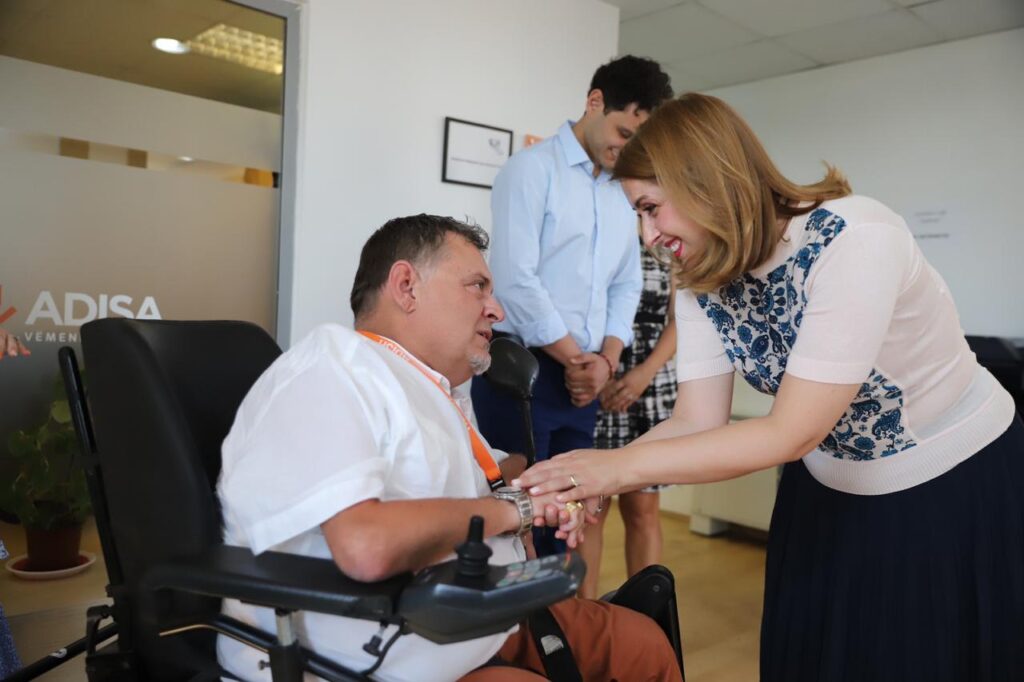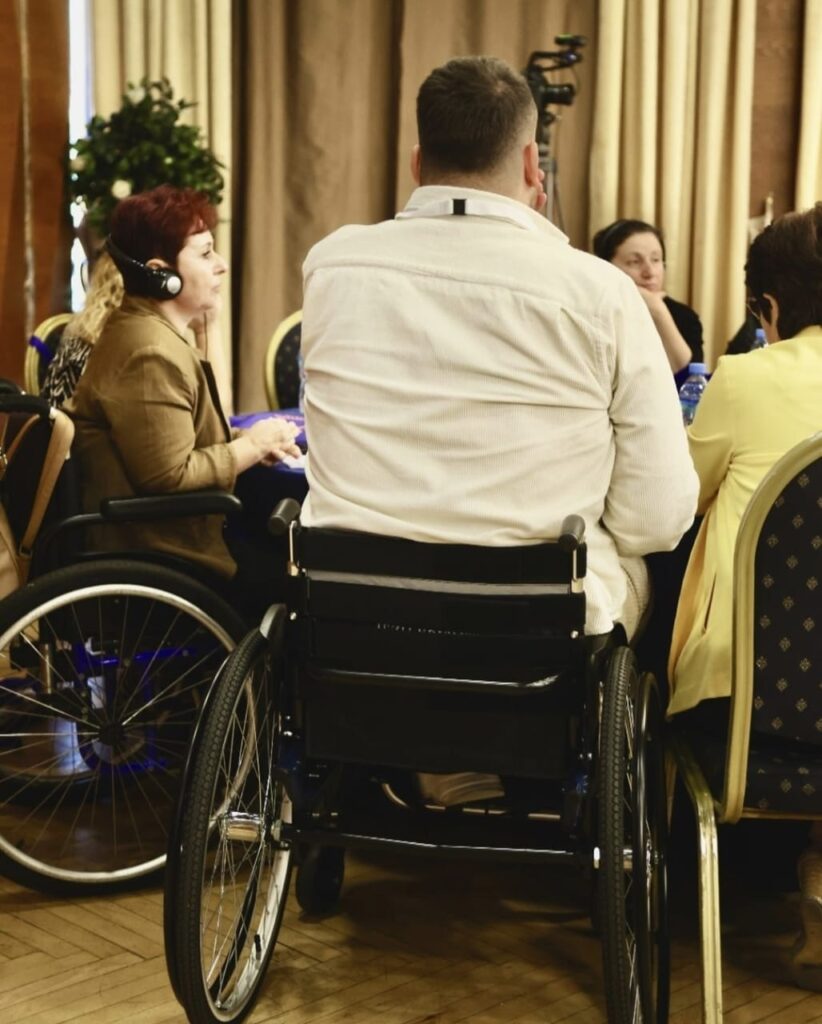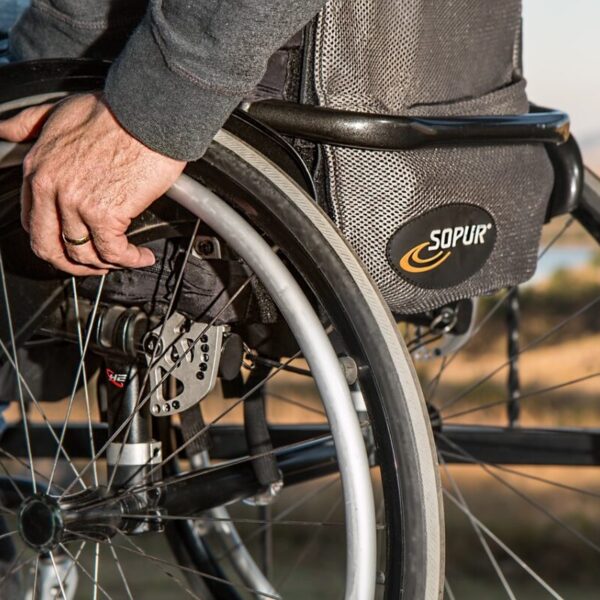According to the 2023 census data, approximately 6.5% of Albanians over the age of 5 have disabilities or limited capabilities. This population faces many obstacles, especially in the labor market: lack of opportunities, social stigma, and physical barriers.
The number of disabled people looking for employment has significantly increased in Albania, rising from 237 to 720 in the year 2023 alone. These figures demonstrate an urgent need for opportunities and support from both institutions and society. The recent law changes approved by the government on March 13, 2023, and support policies are creating an optimistic atmosphere. The ministry's plan focuses on employing people with disabilities in both public and private institutions. Each municipality, for example, is obligated to hire individuals with limited abilities in proportion to the number of employees. Private companies are subject to the same proportionality rule in their hiring practices.
This procedure, active in January 2024, states that employers who do not hire disabled people with the required skills for the job will have to pay the "Employment Fund".
Policies and Initiatives
The Ministry of Finance has set an ambitious goal by hiring around 9,000 disabled individuals - 3,600 positions in public institutions and 5,400 in the private sector. An announcement that resembles a significant step forward and a response to the challenges faced by this population.
Because a persistent obstacle here is the need to educate and raise awareness about the importance of including people with disabilities. Many companies still do not understand the value that these diverse employees can bring, especially in terms of humanity.
In support, organizations such as the Tetraplegic Association, the Association of Persons with Disabilities (SHPAK), and the National Center for Rehabilitation of Persons with Disabilities play an essential role in this process. They provide assistance and support to individuals seeking employment, as well as in the development of their professional skills. This collaboration between businesses and social actors is crucial to work towards creating equitable opportunities.

The steps to success
Ema works in an Italian company, she prefers to remain anonymous and shares her experience: "I feel very good, I am very respected. My company collaborated with the Association of Tetraplegics to hire two employees, including me. Thanks to this opportunity, I now work as a secretary and I hope that more companies will follow this example."
Another testimony, that of Kelvi (name changed), who applied for a position at the Local Health Service of Fier. "I mentioned that I had health issues and submitted the necessary documents. My CV was prioritized for review, and I was informed that I had been selected for the specialist position." And he added, "Being different from others did not prevent me from climbing the ranks."
Ema, on her part, adds an important detail by emphasizing that "even though I found a job, I continued to receive the kemp (disability pension)."
The regional director of the State Social Service, Danile Jakoja, confirms that "according to Albanian law, people with disabilities continue to receive disability benefits even once employed. This measure encourages individuals to integrate into the job market without fearing losing their financial support."
Future Perspectives
These examples show that efforts to include people with disabilities yield concrete results. However, they should not be the tree that hides the forest. It is clear that each success is a step forward; nevertheless, challenges persist. It is necessary for the government and society to work together to create a more welcoming and supportive environment.
With continuous support and commitment from all parties, Albania has the potential to become an example of inclusion and respect for the rights of every individual.

